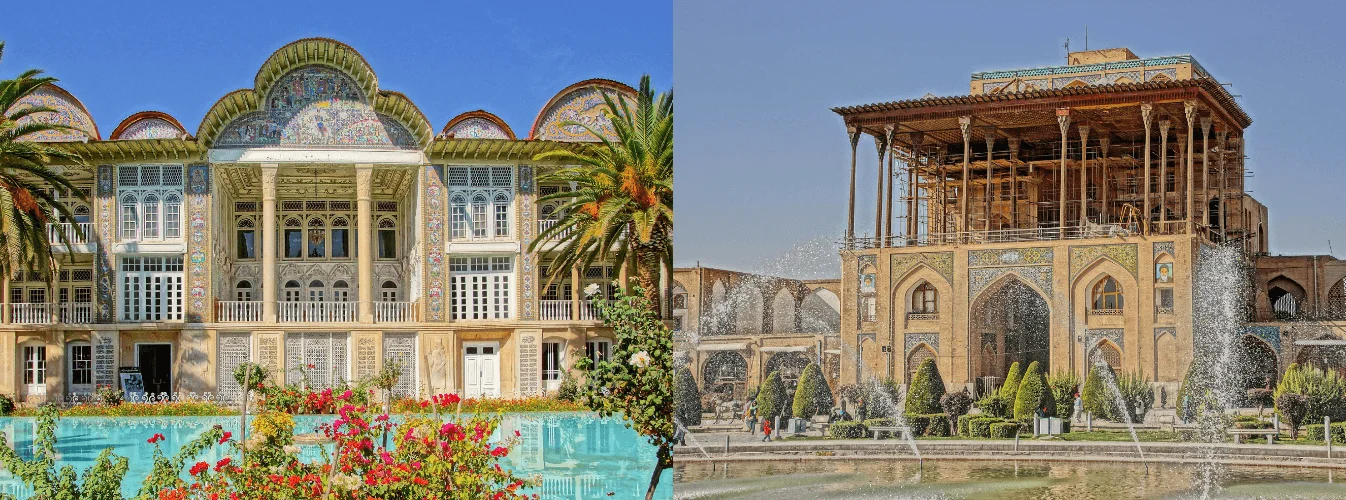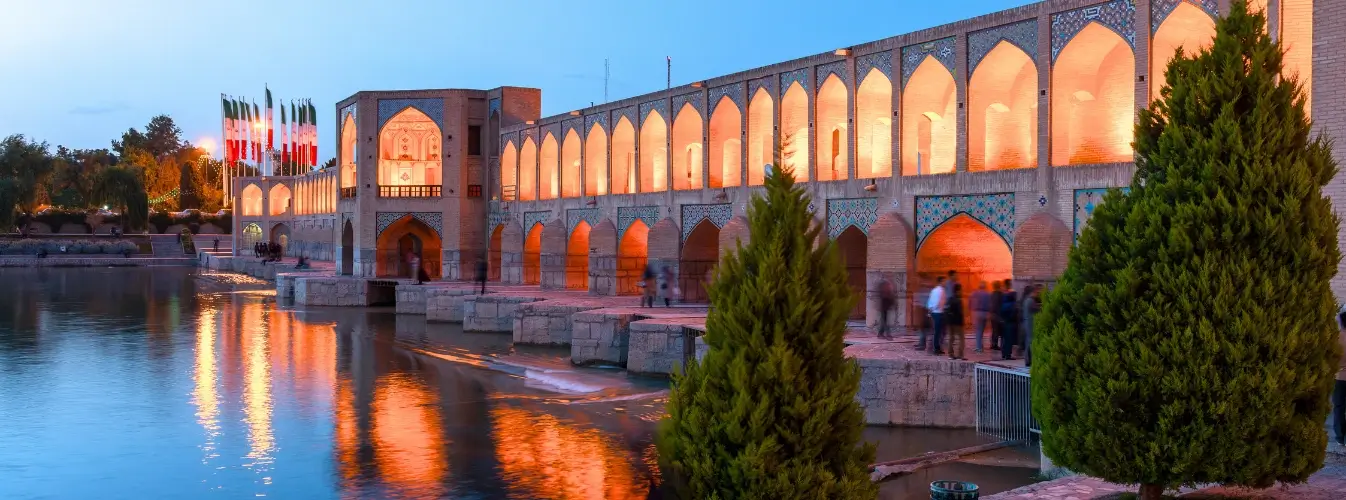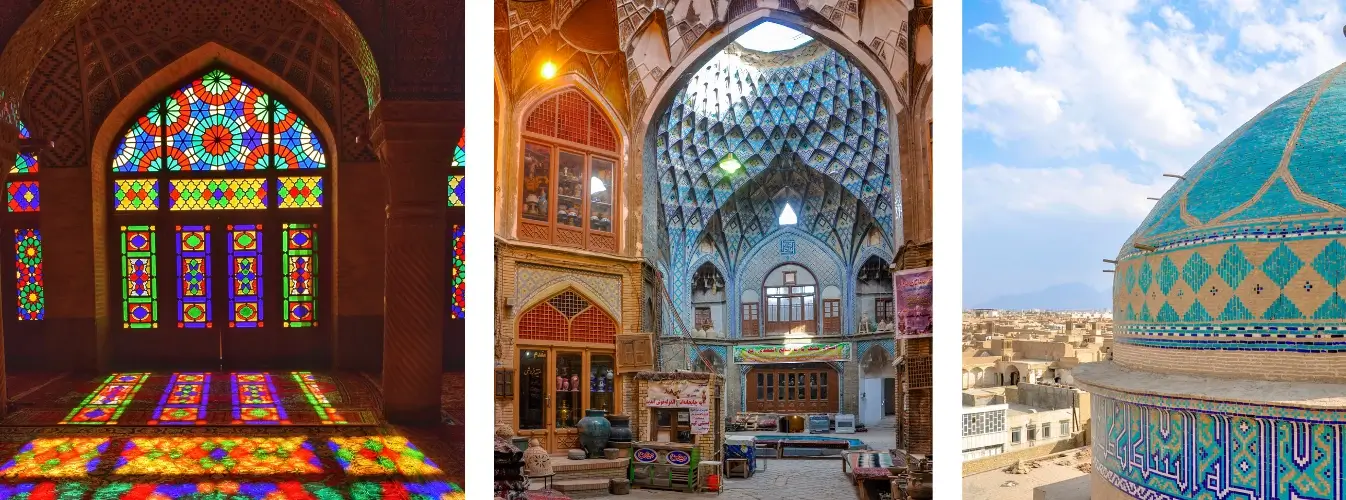 News
News iran-visa-free-policy-indians-enhances-tourism-cultural-exchanges
iran-visa-free-policy-indians-enhances-tourism-cultural-exchanges
Iran's recent decision to implement a visa-free policy for Indian tourists has sparked a surge in tourism and cultural exchanges between the two nations. This move, aimed at fostering stronger ties and promoting tourism, has been widely welcomed by both Indian travellers and Iranian authorities.

The visa-free policy, which came into effect on January 26, allows Indian passport holders to visit Iran without the need for a visa. This significant development has not only simplified travel procedures but has also contributed to a notable increase in the number of Indian visitors to Iran.
Tour operators and travel agencies in India have reported a surge in bookings for trips to Iran since the implementation of the visa-free policy. The removal of visa requirements has made it easier for Indian tourists to explore Iran's rich cultural heritage, historical sites, and picturesque landscapes.
Moreover, the visa-free policy has facilitated greater people-to-people exchanges and cultural interactions between India and Iran. It has encouraged Indian travellers to immerse themselves in Iran's diverse culture, traditions, and hospitality, fostering mutual understanding and friendship between the two nations.
Iran has long been a popular destination among Indian tourists, known for its ancient monuments, UNESCO World Heritage sites, and vibrant bazaars. The visa-free policy is expected to further boost tourism and strengthen bilateral relations between India and Iran.
In addition to tourism, the visa-free policy is anticipated to enhance economic cooperation and trade between the two countries. It is seen as a positive step towards deepening the longstanding cultural and historical ties that bind India and Iran.

Before entering Iran, it's advisable for Indian travellers to ensure they have certain essentials to enhance their experience. Here are some tips on what to carry:
- Valid Passport: Ensure your passport is valid for at least six months beyond your planned date of departure from Iran.
- Travel Insurance: Consider purchasing travel insurance that covers medical emergencies, trip cancellations, and other unforeseen events.
- Cash and Currency: While credit cards are accepted in some establishments, it's wise to carry sufficient cash in Iranian Rial (IRR) for transactions, especially in more remote areas where card facilities may be limited.
- Appropriate Clothing: Respect local customs and dress modestly, especially in religious sites and conservative areas. Women should carry a headscarf (hijab) and loose-fitting clothing that covers arms and legs.
- Prescription Medications: Bring an ample supply of any prescription medications you may need during your trip, along with a copy of your prescription.
- Electronics and Adaptors: Pack necessary electronics such as smartphones, cameras, and chargers. Consider bringing a universal adaptor for Iranian electrical outlets.
- Guidebooks and Maps: Carry guidebooks or maps to help navigate Iran's cities, attractions, and transportation networks.
- Language Resources: While English is spoken in tourist areas, having a basic understanding of Persian (Farsi) can be helpful for communication with locals.
- Snacks and Water: Carry snacks and bottled water, especially for long journeys or excursions to remote areas where amenities may be limited.
- Travel Documents: Keep important travel documents such as flight tickets, hotel reservations, and contact information handy in a secure location.
By preparing adequately and packing these essentials, Indian travellers can ensure a smoother and more enjoyable experience exploring the wonders of Iran under the visa-free policy.
Overall, Iran's decision to implement a visa-free policy for Indian travellers marks a significant milestone in bilateral relations and holds promising prospects for further collaboration in tourism, culture, and commerce.


